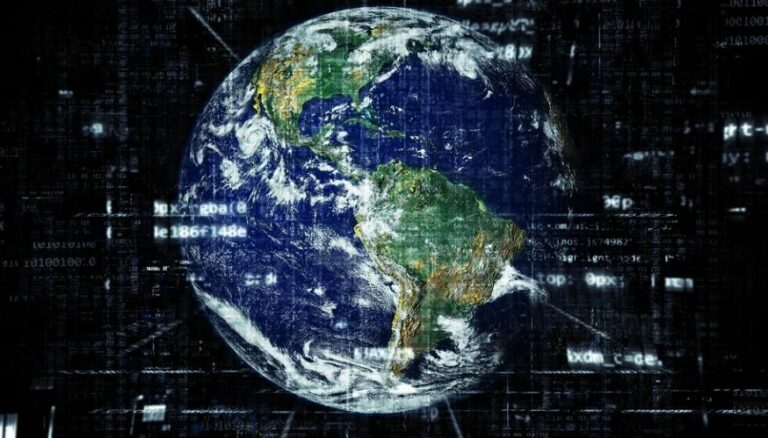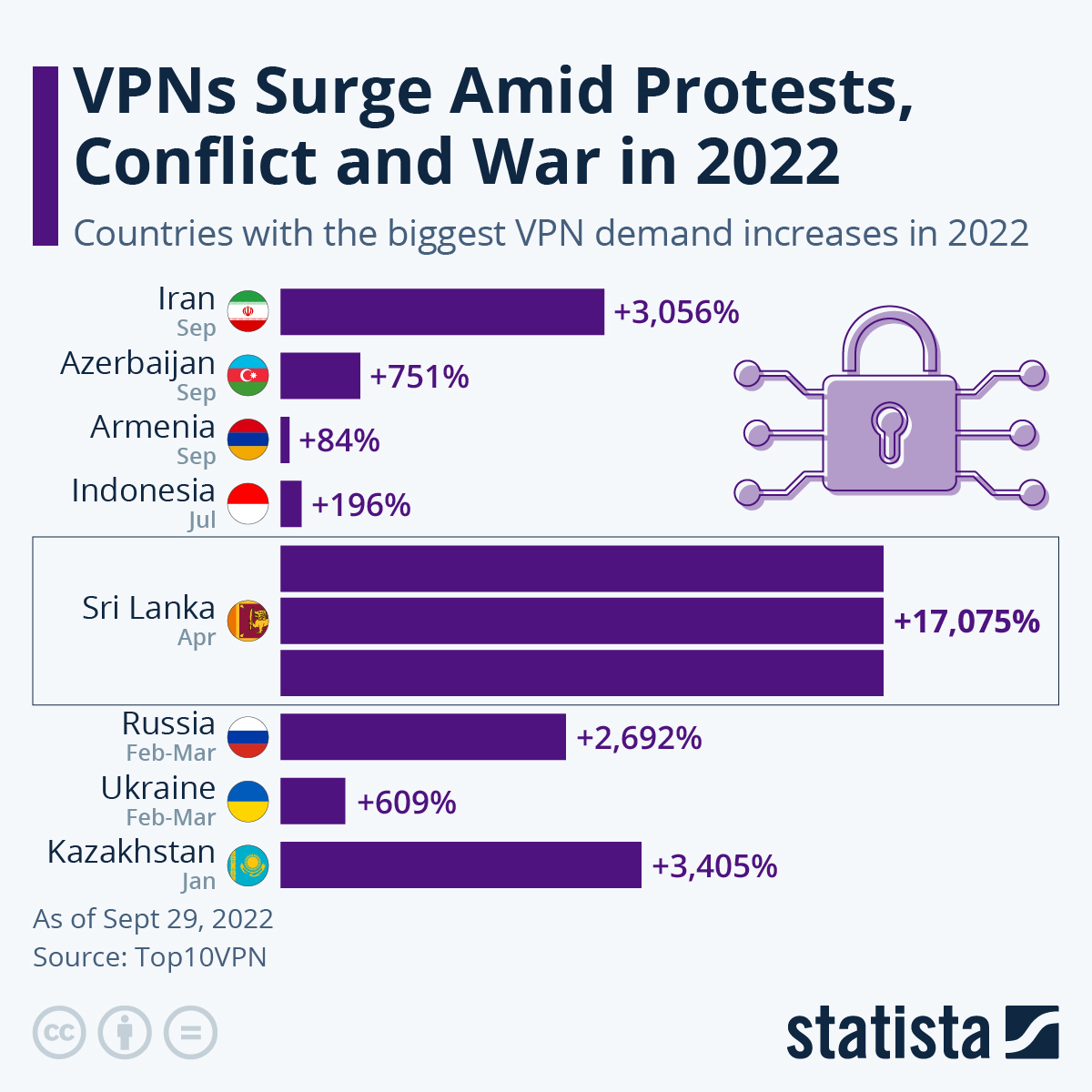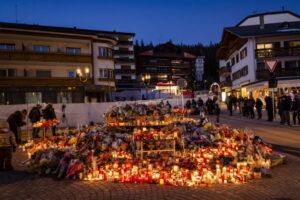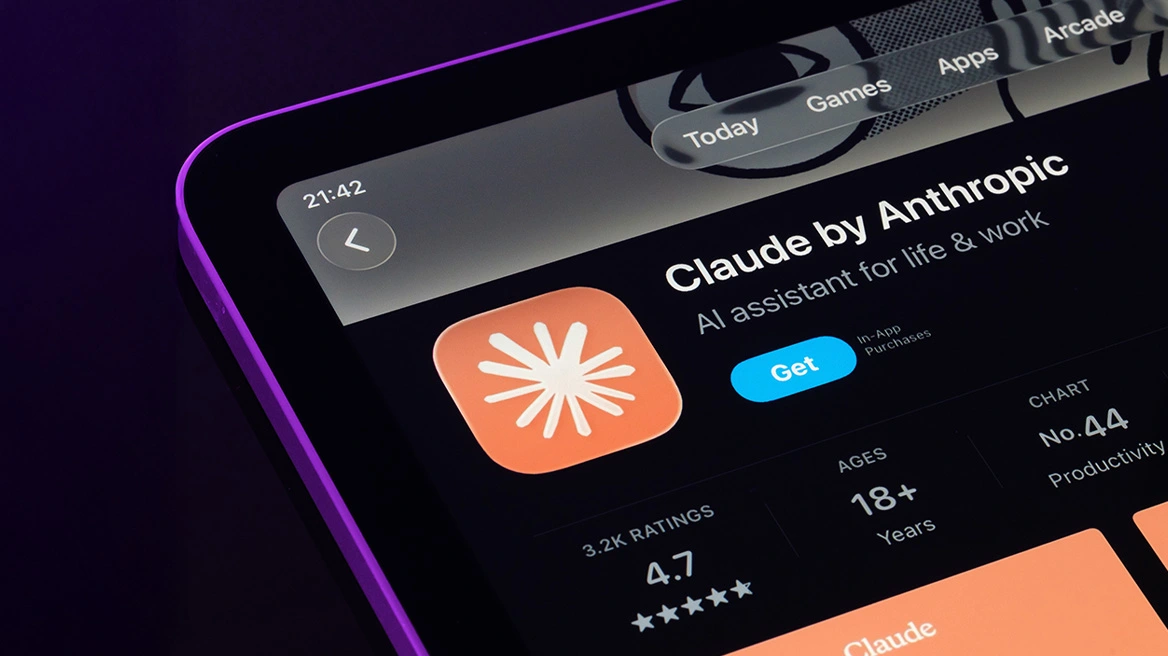Iran has shut down WhatsApp and Instagram in an attempt to stifle the discontent growing across the nation, following the death of 22 year-old Mahsa Amini, who died in custody after being arrested by morality police. Internet shutdowns have historically been used by governments attempting to gain control of the narrative, by trying to stop communication and the sharing of information which can fuel protests and uprisings.
As our chart shows, citizens tend to circumnavigate such crackdowns by downloading virtual private networks, or VPNs, which allows them to get around restrictions to certain blocked sites. These do not work, however, when countries shut off basic internet completely.
In Iran, demand for VPN downloads increased by more than 3000 percent in September, according to Top10VPN.com. Yet, other countries too have seen surges this year. For instance, Sri Lanka saw a 17,000 percent increase in VPN downloads on April 3 2022, when social media platforms Facebook, YouTube, Twitter, Instagram and WhatsApp were banned. The internet blackout came as the government enforced a curfew, attempting to keep protesters from hitting the streets over a disastrous economic downturn, mainly attributed to governmental mishandling, which led to major food and fuel shortages.
Azerbaijan and Armenia, which saw clashes erupt on the border earlier this month, have also seen people on both sides of the border seek out VPNs this year, with an increase of 751 percent and 84 percent, respectively. Meanwhile, Russia saw an uptick of more than 2,600 percent of VPN demand and Ukraine saw a 600 percent increase since the war started in February. In Russia, the BBC, Deutsche Welle, and Voice of America were among a number of foreign news organizations’ websites to be blocked for disseminating what it alleged was fake news.
You will find more infographics at Statista
Ask me anything
Explore related questions






